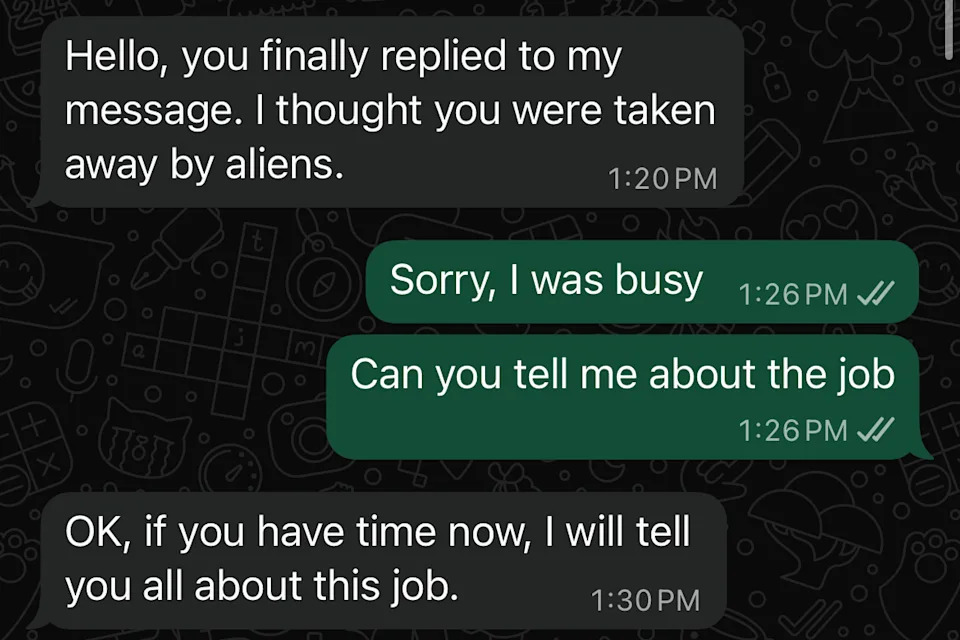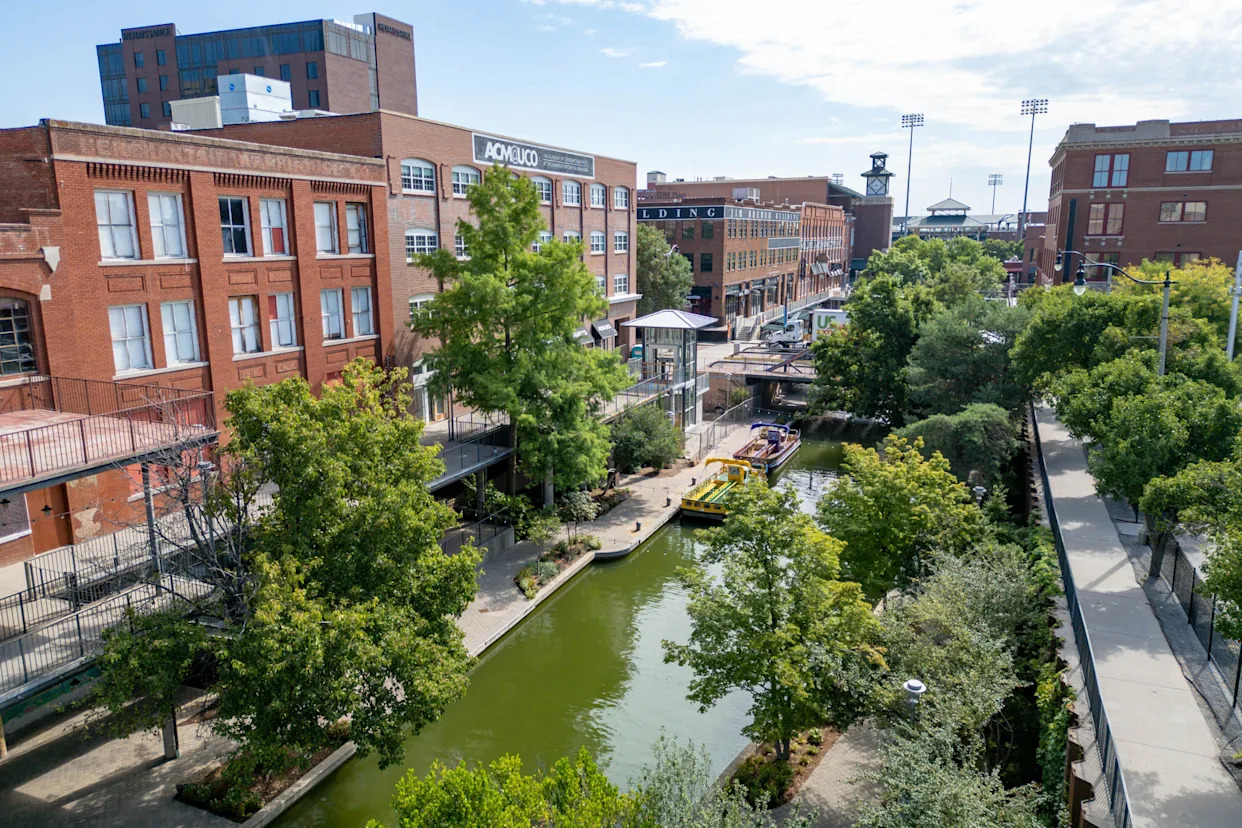
Kansas City, Mo. — From afar, Edward and Denise Schlesselman’s new Blue Springs home looks perfect.
But if you look close enough, you’ll see their concrete driveway is coming apart – with the top layer cracking and flaking off.
The danger of responding first: Assaults against first responders and frontline workers soaring
When the Schlesselman’s took possession of the home in August, it wasn’t an issue.
“The driveway looked really good—like everyone else’s,” Edward Schlesselman said.
Then winter arrived. Not long after, a problem appeared.
But for the couple, it happened far too soon.
The driveway “was poured less than a year from the (appearance of the) first damage, so there’s something that had to be wrong,” Edward said.
The Schlesselman’s believe the driveway should have lasted more than a few months.
And they’re not the only ones dealing with this issue.
Their neighbor Kyle Burks has encountered the same problem.
“It just makes the whole property feel cheap,” Burks said.
He said he noticed the crumbling just a few months after the first winter.
Not far away is his neighbor Maryanne Mannino.
“[It’s] a driveway that looks like it’s been here 70 years, and it’s been here less than a year,” Mannino said.
And fixing it won’t be cheap.
“If we have to replace it, that’s $21,000 out of our pocket,” Denise said.
These homes share the same builder, who initially blamed the issue on “weather or using salt or chemicals.” That’s what he told the Missouri Attorney General’s Office when the Schlesselman’s took their concerns to the state.
The builder also said that fixing their driveway didn’t fall under the builder’s one-year warranty.
FOX4 Problem Solvers wanted a second opinion, so we turned to Steve Bennett, a professor and expert in construction. We took him to see the driveway and asked what he thought caused the problem.
He didn’t think it was weather or salt that caused the flaking. After seeing the problem in person, he believed the issue had to do with the installation process of pouring the driveway.
“I think what I see here is too much moisture, either where they (contractors) added too much water or worked it too much,” Bennett told FOX4.
A little while later, FOX4 discovered something new – another possible explanation for the issue that may not only be impacting Kansas City, but also the rest of the country.
It’s a mix of cement that is now widely used in the Kansas City market and across the country.
It’s officially called “Portland 1L.” It has primarily replaced what is called “Portland 1.” The difference is that Portland 1L has a lower impact on the environment when it’s being created.
It’s been used in other countries for years. Then, starting in 2021, various state departments of transportation begin approving its use in the U.S. Now, it dominates the market.
One problem: the Home Builders Association of Greater Kansas City (KCHBA) said many of the builders and concrete contractors didn’t know about the change.
“There should have been alarm whistles going off,” said Will Ruder, executive vice president of the local home builders association.
“We only learned about that after the fact when we started experiencing our own issues.”
Ruder said customers started complaining, and builders were confused by the sudden problems with flaking and deterioration.
“We’ve got a lot of people throwing their hands up in the air saying, ‘I’m confused,'” he told FOX4.
Once he learned about the new mix, Ruder said things became clearer. He said Portland 1L is finer and a little more difficult to handle.
But he said not knowing about the change in mixes has had consequences.
“Some of these driveways are not even surviving the first winter,” Ruder said.
In July, the KCHBA polled its members, and about 10% responded. Of those responses, 70% said they did not hear about changes to the mix; 78% said they noticed a difference in the performance of the concrete over the past several years.
“There’s too many other things that have remained constant over the years to be able to say ‘no the concrete is fine, we’re just doing it wrong,'” Ruder said.
But not everyone agrees.
“Notifications were given, the announcements were made,” said Michelle Wilson with the American Cement Association.
According to Wilson, the new mix, or “Portland 1L,” is a limestone cement that can contain up to 15% limestone. She said it’s the limestone in the mix that reduces its carbon footprint.
“All 50 states have approved the use of Portland limestone cement in their projects,” Wilson said.
“I believe the Kansas City market is 100% Portland limestone cement.”
As far as any problems with the mix, Wilson maintains that “there’s been years of tests of it for freeze-thaw resistance, for scale, for any other durability.”
But she does say that contractors installing this new mix may not be using the proper techniques – and, because of that, are seeing problems.
That leaves homeowners like Burks hoping his builder takes responsibility for the work.
“Replace it. Fix it. Make it like new, and replace it in such a way that this isn’t going to happen again,” Burks said.
While Burks did not submit a warranty claim, the Schlesselman’s did. The builder offered to split the cost of sealing the driveway with the homeowners. That’s a temporary fix, according to the family, who said they would consider the offer if the builder foots the entire cost.
In the meantime, the KCHBA said it doesn’t want these concrete problems to continue happening.
“We are less interested in a whodunit than what we do moving forward,” Ruder said.
Ruder said members will have to learn how to work with the new, different concrete mix that contains Portland limestone cement.
To help with that, the association will soon begin training sessions on how to best pour future driveways with this mix. Ruder also said that homeowners with a new driveway should consider having it sealed because the new mix is “less forgiving.”
This story airs tonight on FOX4 News at 10.
Copyright 2025 Nexstar Media, Inc. All rights reserved. This material may not be published, broadcast, rewritten, or redistributed.








Comments